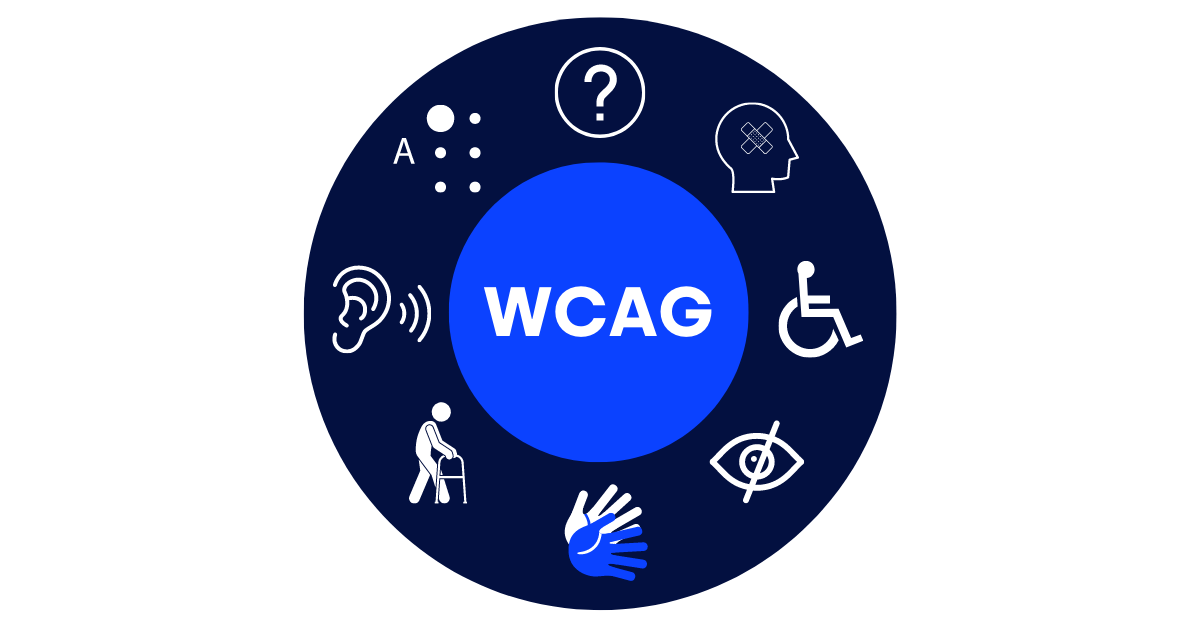What are the additional benefits of an accessible website?
You probably know that an accessible website is viewed more, because it can now also be used by people with a (visual) disability. Furthermore, to the fact that this target group can now also read and understand your page, there are additional advantages to an accessible website.
Curious? In this blog I take you through the extra benefits of having an accessible website.
Benefits without limitation
An accessible website is not only necessary for people living with a (visual) disability, it also provides clarity for everyone.
- First of all, it is important to describe your call-to-actions (CTA) as clearly as possible. This makes it clear to someone with a disability to which page you are being directed. This is best practice for everyone, so there is no confusion about what you encounter when you click on a CTA.
- In order for a screen reader to read your texts , it is important that you strive for correct structure of your page. This means correct use of headings, subheadings, paragraphs, and subparagraphs. It's important for a screen reader, as it allows the page to be read in the intended way. In general, a page with clear text and structure is better to scroll through or read.
- Your website will be easy to operate. This is also one of the WCAG's accessibility requirements. As the website is easy to operate, it facilitates navigation through the website more easily and smoothly. This is because certain elements have been added to the website to make it easier for people with a visual impairment.

Good for your SEO
In addition to reaching more people with digital accessibility, your website also has a better find-ability. Search engine optimization and accessibility have a lot in common. Google, in addition to other search engines, index the code of your website and try to extract as much relevant information as possible. The more accessible your website is, the better the search engines can understand it and the greater the chance you will end up high in the search results.
Many accessibility requirements are also criteria of search engines such as Google. If you comply with this, you automatically have a higher score in Google! So it's a win win :)
Clearer multimedia
Multimedia, such as videos or images, must also be made accessible. This has advantages for all users.
To make a video accessible, subtitles must first be added to the image. This ensures that you can not only hear the sounds, but also read them. Subtitles are nice, for example, when you want to watch a video, but can't turn on the sound. In addition, it is also important to add a clear transcript for your video. Here you can see what is being said at which second of the video. You can also use the transcript yourself to read through the video again, as a quality check for example.
In addition to video, all other visual content also have a description. This is necessary for screen readers or reading aids to be able to translate the image properly and clearly to the user.
Do you want to know how you can also apply these elements to your website? Do let us know!
You may also like

The way to an accessible website: Page settings

The way to an accessible website: Operated via keyboard


